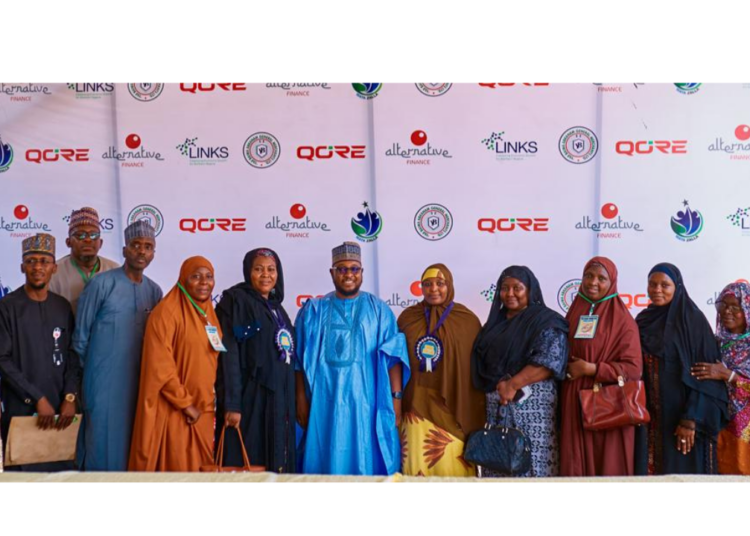Sterling Alternative Finance, in partnership with LINKS, Mata Zalla Women Cooperative, and Yar Baiwa Women Cooperative, have given intra-city transportation in the Kano metropolis a major boost with the financing of 115 electric-powered tricycles for the exclusive use of women transporters in the state.
This was announced at the ground-breaking ceremony for the first-of-its-kind electric vehicle charging station in Kano, which was held recently.
The partnership is a collaborative effort towards promoting gender empowerment, sustainable transportation, and environmental conservation in Kano state with 115 participants; 85 trained as commercial tricycle operators and 30 receiving training as specialized mechanics in the maintenance of the vehicles.
The initiative, implemented in full compliance with ethical banking principles, will build an electric vehicle charging station, and provide financing for participating women to acquire and operate the tricycles, which will be powered by electricity generated from renewable sources.
Group Head, Non-Interest Banking Sales at Sterling Alternative Finance, Garba Mohammed, while speaking at the event said: “We are proud to be part of this groundbreaking project in Kano state, which aligns with our commitment to sustainable development. We believe that this project will not only promote clean transportation but also create economic opportunities for women operators and mechanics in the region. We are grateful to LINKS, Mata Zalla Women Cooperative, and Yar Baiwa Women Cooperative for their partnership and support in making this project a reality.”
The pilot program has the support of the Kano State Council of Ulamas, KAROTA, VIO, FRSC, and the Ministries of Women Affairs, Transport, and Environment.
In her remarks at the ceremony, the Chairlady, Mata Zalla Women Cooperative, Hajiya Hauwa Ahmad Tarauni, described the project, as a huge economic blessing for women in the state.
Also speaking at the event, Chairlady of Yar Bawai Women Cooperative, Hajiya Habiba Abubakar Imam, said with the level of acceptability of the project by leaders in the state, the number of female tricycle riders in Kano will quadruple in the nearest future.
Umar Mohammed, the Deputy Team Leader of LINKS-FCDO, stated that LINKS is primarily concerned with empowering women and girls, with the support of investment in three northern states: Kaduna, Kano, and Jigawa. He claims that Kano is the project’s pilot state and anticipates that other Nigerian states will soon follow suit.
The private sector led initiative, which is valued at N 200 million, will allow interested women who register with the cooperatives to acquire the electric vehicles with an equity contribution of 10 percent, with repayment of the remaining 90 percent to be achieved over a period of 3 years.
The tricycles, which will be powered purely by rechargeable electric batteries, will contribute significantly to the environmental sustainability of the Kano metropolis through the reduction of gas emissions and waste associated with fossil-fuel energy consumption and lubricants used in the maintenance of internal combustible engine vehicles.











